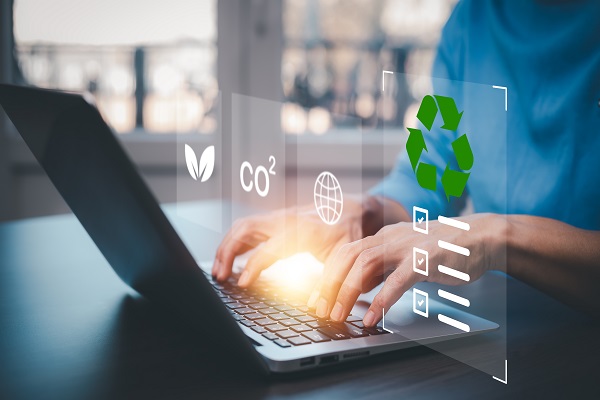Product carbon footprinting for Vietnam industrial goods
During 2023 and early 2024, RCEE-NIRAS has been working intensively with companies in iron & textile, electronics components, RE equipment suppliers (PV) and iron & steel sectors under the INVEST initiative to help the company understand and estimate their supply chain emissions including upstream emissions from material acquisition & pre-processing and downstream emissions from distribution & storage, use, and end-of-life disposal of one specific product
Green growth policies in
Vietnam, along with GHG emission standards and policies introduced by developed
economies to decarbonize their supply chains, are putting increasing pressure
on carbon-intensive sectors in the country to track, inventory, disclose, and
reduce GHG emissions resulting from their operations and the manufacture of individual
products. The European Union (EU), for example, will charge a fee on the import
of products that have high GHG emissions starting in 2026. Such Border Carbon
Adjustments (BCAs) are put in place to avoid carbon leakage when companies
transfer production to countries that are less strict. Sectors covered by the
EU CBAM initially include iron & steel, cement, fertilizers, aluminum,
hydrogen, and electricity and will likely expand to other sectors in future
years. Covered EU companies have been asked to report their GHG data as part of
the October 2023 - 2026 transitional phase.
Vietnam could experience
significant impacts of such CBAM requirements, due to the large role of exports
in Vietnam’s economic growth and the high energy consumption and carbon
intensity of its industry. In 2023, the carbon intensity of Vietnam’s energy
sector is 475 g of carbon dioxide (CO2) per kilowatt-hour (kWh) of electricity
generated, almost 33% higher than the EU. Vietnamese exporters may also be
adversely impacted by emerging procurement policies targeting supply chains. In
addition, some international companies require suppliers to implement carbon
labeling, which provides transparency and consistency of methods as well as
proof of carbon footprint calculation for each phase of production,
consumption, and disposal.
During 2023 and early
2024, RCEE-NIRAS has been working intensively with companies in iron &
textile, electronics components, RE equipment suppliers (PV) and iron &
steel sectors under the INVEST initiative to help the company understand and
estimate their supply chain emissions including upstream emissions from
material acquisition & pre-processing and downstream emissions from
distribution & storage, use, and end-of-life disposal of one specific product.
These will support the company to response to a mix of mandatory and voluntary
disclosure requirements both domestically and internationally, and to improve
the GHG emissions profile of their products and processes.

 English
English  Tiếng Việt
Tiếng Việt 